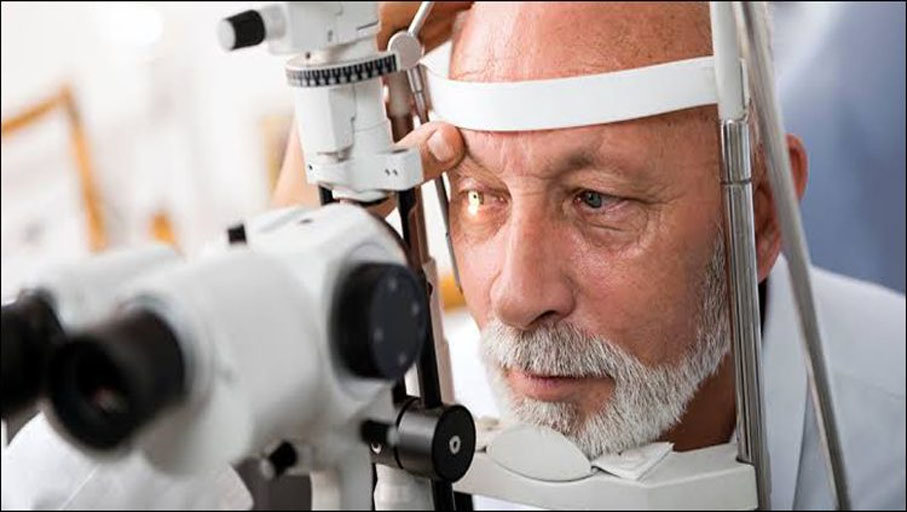By Aazer Durrani | Head of Marketing
With cataract being the largest cause of blindness worldwide, Pakistan is among few countries, where patients of the medical condition that causes blurred vision have the best access to surgery in the world, say experts.
According to them, Pakistan is among 12 countries with the highest cataract surgical rate, which is the number of cataract operations performed per million people in one year and is used as a proxy indicator of access to cataract services in a country.
The main contributing factors include injury to the eye, inflammatory and infectious eye diseases, and diseases such as diabetes mellitus. The only treatment that provides a cure for cataracts is surgery. There are two types of cataract surgery: intracapsular and extracapsular. Intracapsular surgery is the removal of both the lense and the thin capsule that surround the lense. This type of surgery was common before 1980, but has since been replaced by extracapsular surgery. Extracapsular cataract surgery is the removal of the lense whereas the capsule is left in place. There are two methods for extracapsular cataract surgery. The common method is Phacoemulsification. A tiny incision is made and an ultrasonic probe is used to break the cataract into minute pieces. However, if the lense is too hard, the surgeon will use a different conventional extracapsular technique requiring a larger incision. Complications after cataract surgery are rare.
Fatima Memorial Hospital took the initiative of not only creating awareness about the treatment of cataract but it also provides free treatment to those suffering from this painful disease.
However, as the number of cataract patients is increasing day by day and the resources of FMH are limited, we need donations from our altruistic donors. At the moment when the COVID19 pandemic has taken over by storm, all the resources have been diverted towards treating COVID19 patients which is affecting other medical treatments. At this point in time we need extra support from out valued donors so that we can also address cataract surgeries which are increasing day by day.
Fatima Memorial Hospital is depending on the assistance of its generous donors who could support it in the pursuit of saving the eyesight of many of the cataract patients. Therefore, please support us!
Thank you.
Project reports on GlobalGiving are posted directly to globalgiving.org by Project Leaders as they are completed, generally every 3-4 months. To protect the integrity of these documents, GlobalGiving does not alter them; therefore you may find some language or formatting issues.
If you donate to this project or have donated to this project, you can receive an email when this project posts a report. You can also subscribe for reports without donating.
Support this important cause by creating a personalized fundraising page.
Start a Fundraiser